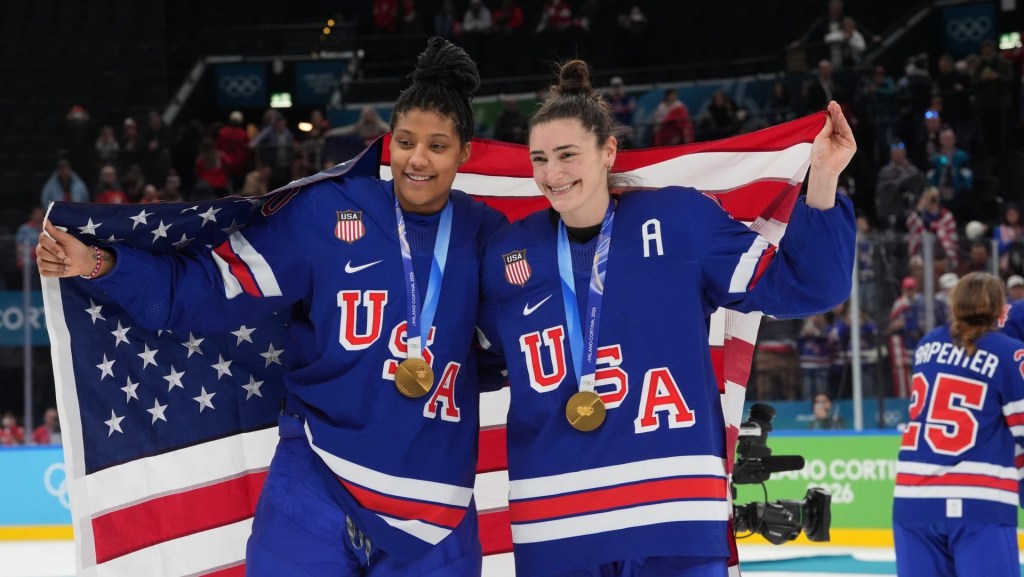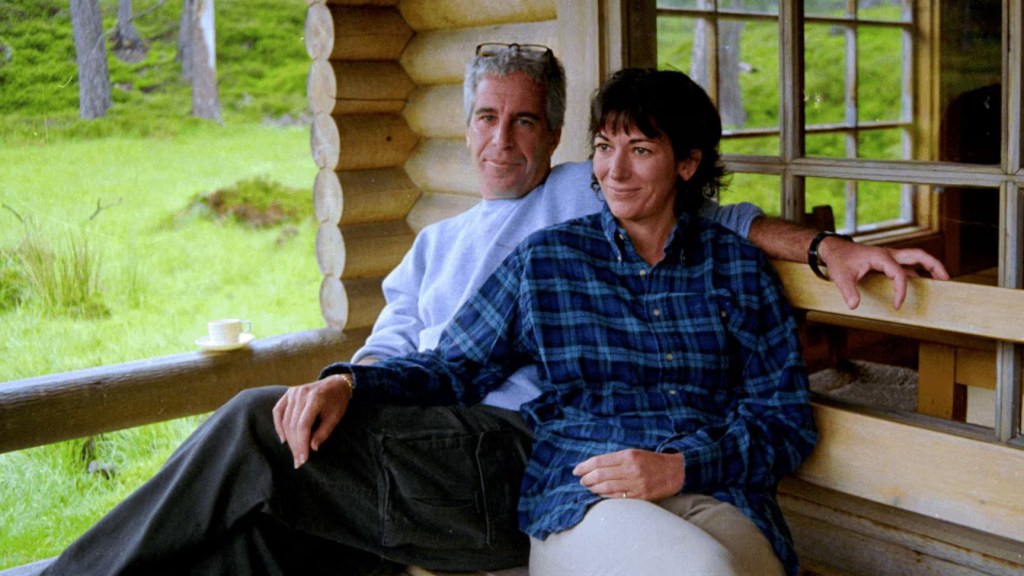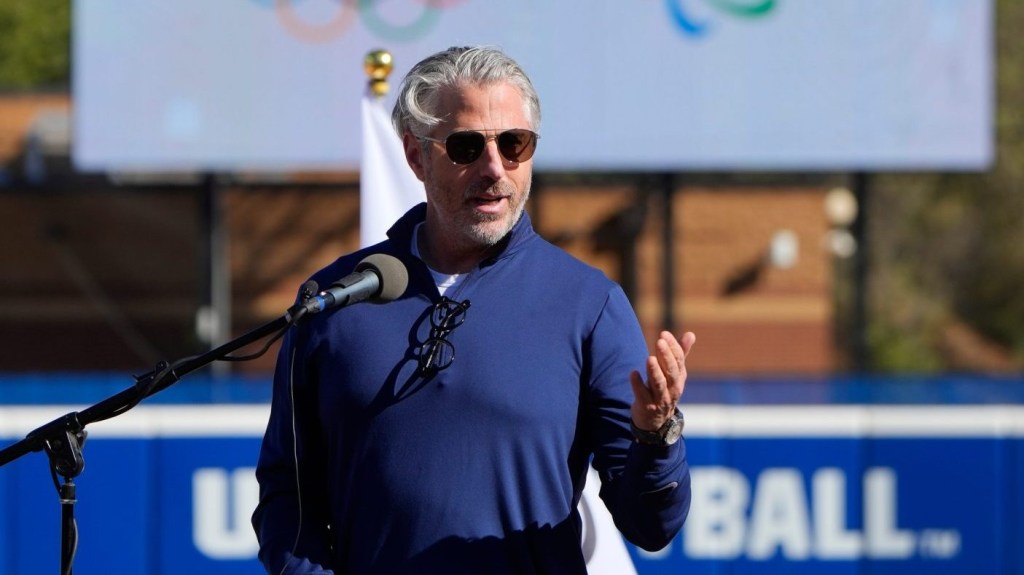WASHINGTON — Brett Favre talked up the need to reform the federal welfare program that was the source of $8 million that went to the Hall of Fame quarterback personally along with a volleyball stadium for his alma mater and a drug company that counted Favre as a major investor. Then he signed a Packers jersey and other autographs after the hearing in front of the House Ways and Means Committee concluded Tuesday.
The hearing, which focused on misuse of Temporary Assistance for Needy Families (TANF) funds, was called by the Republican majority, and began with Favre disclosing he had recently been diagnosed with Parkinson’s disease. (Favre is a staunch supporter of former President Donald Trump; his lead lawyer, Eric Herschmann, worked for the Trump Administration.)
Over the next three hours, the GOP members of the congressional committee gave Favre room to paint himself as a victim of the Mississippi welfare scandal that saw more than $90 million misdirected from the neediest families to Favre and other well-connected residents of the Magnolia State. Favre is a defendant in a lawsuit filed by the Mississippi Department of Human Services that seeks to recover misappropriated TANF dollars.
“We need to get the funds to the people who absolutely need them,” Favre said at the hearing. “The federal government, you guys, are the ones who can get that done. It’s sad what has happened in Mississippi—not only to me but the many children who have suffered because of it. As I said earlier, I am not the smartest person in the room. … The oversight has to improve.”
Rep. Beth Van Duyne (R., Texas) told Favre: “[It] seems like you have been a victim over your own celebrity.” Rep. Mike Kelly (R., Pa.) said if Favre could unknowingly get access to TANF funds that are denied to more than 90% of impoverished applicants in Mississippi that “it can happen to anybody.” Rep. Blake Moore (R., Utah) called Favre “everybody’s favorite Packer” as he talked about current Green Bay quarterback Jordan Love.
That didn’t go unnoticed by ACLU Mississippi executive director Jarvis Dortch, one of the witnesses at the House hearing.
“To hear him feel so bad for himself when there are so many people struggling and hurt by what happened when somebody who’d be accused of a minimum amount of fraud would have their lives turned upside down,” Dortch told Front Office Sports after the hearing. “But he’s able to convene a congressional hearing and try to reclaim his good name. So, yeah, it was frustrating. When we initially started to talk to the staff of the committee and heard he could possibly testify, I thought that can’t be right. Who thinks that’s a good idea?”
Favre’s choice as an expert witness was also questioned by multiple members of the Democratic minority of the committee during the hearing, including Rep. Linda T. Sánchez (D., Calif.) who said the former NFL player lacked the qualifications and knowledge to weigh in on TANF reform.
“You have denied knowing TANF’s stated purpose even though it’s in the name: Temporary Assistance for Needy Families,” Sánchez said during her allotted five minutes. “And you have stated in your testimony that you wanted to protect TANF, presumably from people like yourself who use it for unrelated spending. … Not knowing the law is not an excuse for breaking it. That’s a concept that my son understood at 10 years old.”
Sánchez’s staff displayed a text exchange between Favre and Nancy New, the head of a nonprofit that illegally distributed millions of TANF funds received from the Mississippi Department of Human Services. “If you were to pay me is there anyway [sic] the media can find out where it came from and how much?” Favre wrote in a text to New on Aug. 3, 2017. New and former MDHS director John Davis—two central figures in the welfare scandal—have pleaded guilty to state and federal charges, and they both are cooperating with the ongoing federal investigation. Favre has not been charged criminally.
Favre stated multiple times during the hearing that his testimony was limited by a gag order issued by the judge presiding over the MDHS lawsuit. Herschmann, Favre’s lawyer, mentioned the gag order as well when FOS attempted to question Favre as he exited the House office building where the hearing was held.
Beyond clearing his name, Favre also used his testimony to attack Mississippi State Auditor Shad White, whose office uncovered the welfare fraud and initially linked Favre to the scandal in 2020. Favre described White as “an ambitious public official” who used the millions linked to Favre to “tarnish” the Hall of Famer’s reputation to “advance his own political career.”
Favre sued White for defamation in February 2022, the same time he also filed lawsuits against Shannon Sharpe and Pat McAfee. White’s case remains ongoing after Sharpe’s was dismissed (a decision upheld on appeal) and McAfee settled with Favre.
White responded in a statement to FOS that highlighted the texts that showed Favre’s efforts to secure funding for the volleyball court and Prevacus, the drug company Favre invested in that received $2 million in TANF funds. Favre repaid the $1.1 million that he received directly, although White is seeking more than $700,000 in unpaid interest.
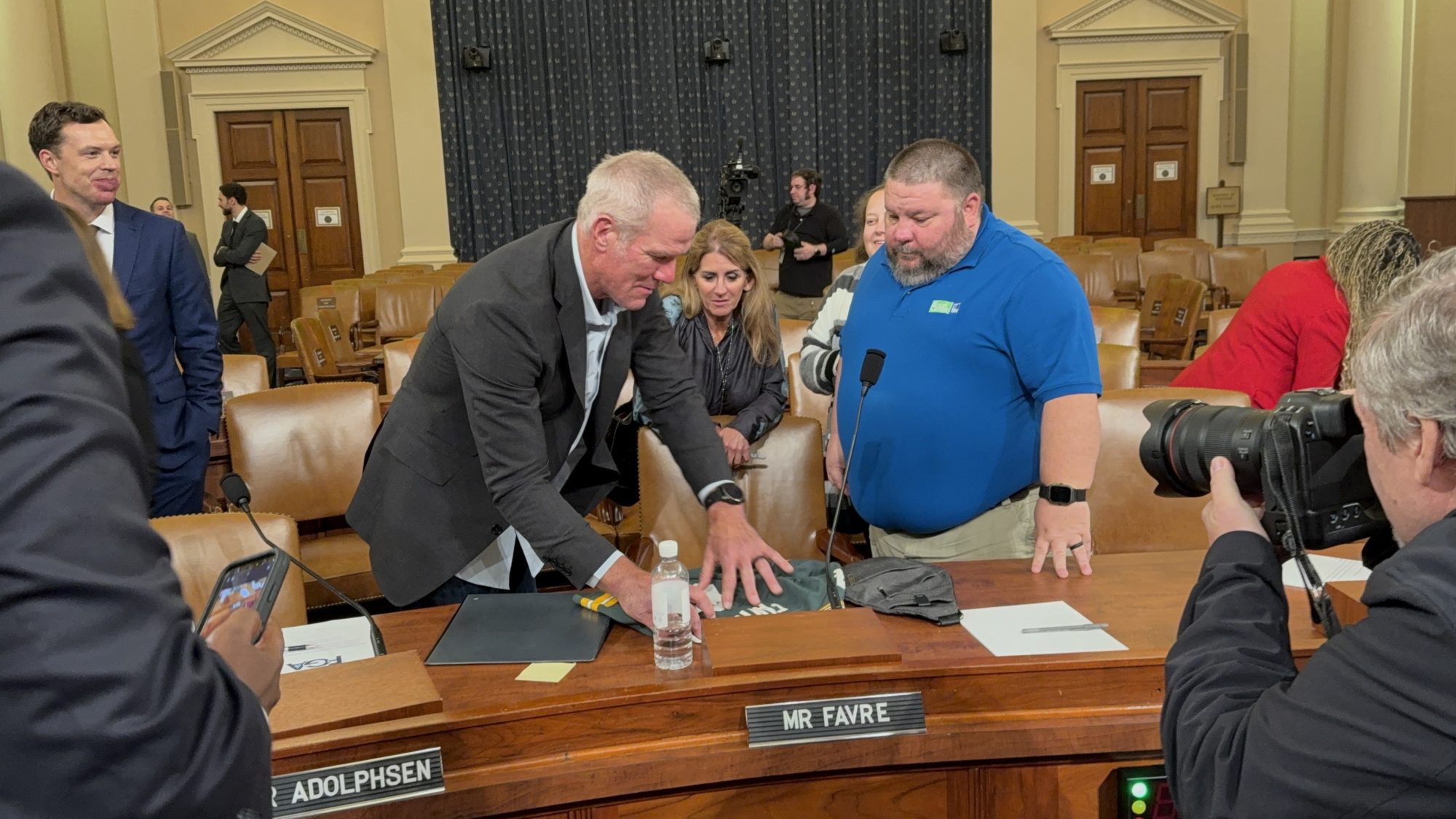



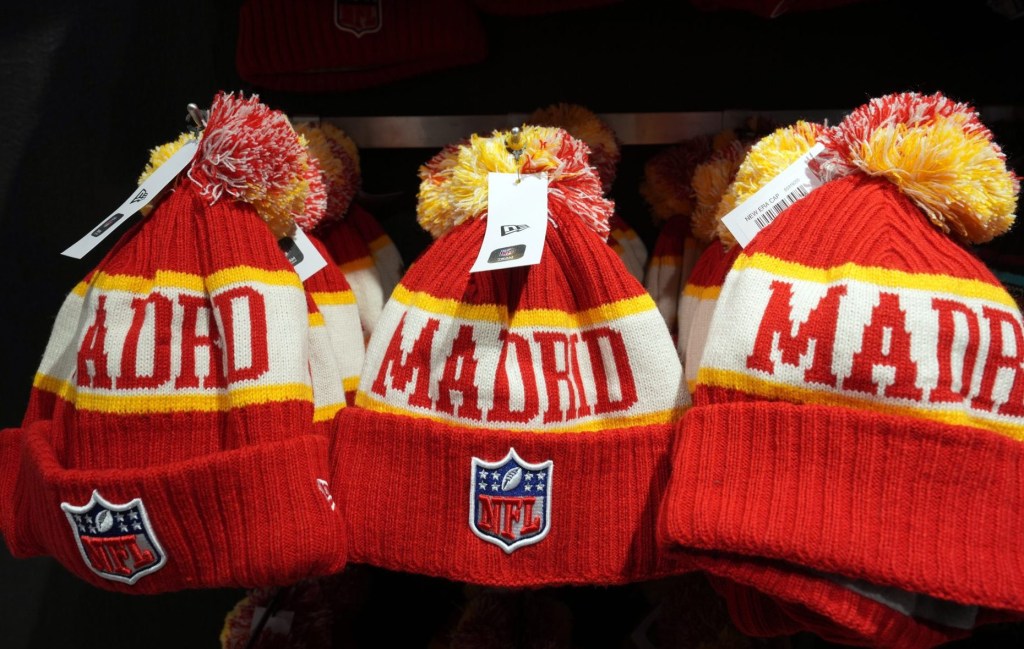


![[Subscription Customers Only] Jun 15, 2025; Seattle, Washington, USA; Botafogo owner John Textor inside the stadium before the match during a group stage match of the 2025 FIFA Club World Cup at Lumen Field.](https://frontofficesports.com/wp-content/uploads/2026/02/USATSI_26465842_168416386_lowres-scaled.jpg?quality=100&w=1024)
![[Subscription Customers Only] Jul 13, 2025; East Rutherford, New Jersey, USA; Chelsea FC midfielder Cole Palmer (10) celebrates winning the final of the 2025 FIFA Club World Cup at MetLife Stadium](https://frontofficesports.com/wp-content/uploads/2026/02/USATSI_26636703-scaled-e1770932227605.jpg?quality=100&w=1024)




